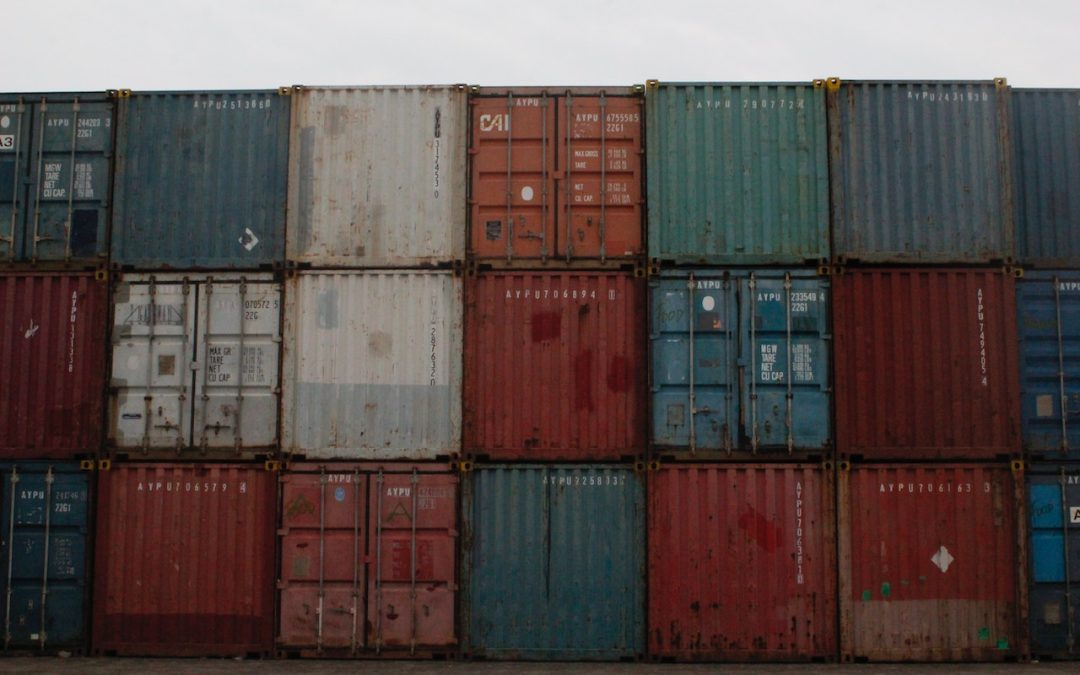Since Brexit, dealing with VAT payments at the border is no longer necessary as they are postponed and settled separately via your EORI number. But, to release the goods from customs, duties need to be paid on scene.
…or do they?
HMRC offer an option to simplify the whole process, known as a deferment account.
Ready to find out more?
What Is A Deferment Account?
For every international shipment that is made, taxes such as VAT and customs duty need to be paid.
For some consignments, these taxes are paid for at the border using the Flexible Accounting System, or the FAS. The FAS is an accounting system used for processing imports and can be used by traders wanting to pay for charges there and then. It might sound complicated, but payments made using the FAS are essentially BACS payments and should clear within two hours.
If you are importing goods regularly, however, making those immediate payments for every single shipment that arrives safely in the UK will be a logistical pain in the proverbial.
Enter the deferment account.
Businesses regularly engaging in international trade and importing goods into the UK can delay customs duties and import tax payments and pay monthly rather than by consignment. Duty deferment accounts tally the total owed over the month, and the due amount is made by direct debit the month after the goods were imported.
What Is The Advantage Of A Deferment Account?
Using a deferment account can be incredibly useful for businesses wanting to streamline their cash flow. Grouping and delaying customs duties and import tax payments for an entire month, until the 15th of the following month to be exact, keeps your business bank account that much tidier and makes forecasting easier.
And without question, one of the main advantages of using a deferment account is that your goods can be cleared immediately. No faffing around with payments at customs to be seen, and no waiting for freight companies to invoice you for the duties before releasing your goods.
For the freight agent, the advantage is not having to pay customs duties at all.
Think about it. Goods can’t be released without duties being paid. So without a deferment account, freight agents must pay import charges for every single consignment they’re associated with, and then get that money back from their customers in a convoluted and time-consuming process.
Because of this, some freight agents specifically require a DDA, or duty deferment account, so they’re not liable for the import duty.
What About Northern Ireland?
Because Northern Ireland is not part of Great Britain, it has slightly different rules. Since January 2021, anyone importing to Great Britain and Northern Ireland needs to have a DDA account for each.
Are There Any Disadvantages?
The deferment account scheme was created specifically to simplify import admin, so on the whole, no!
However. If you haven’t got a DDA yourself, some agents charge clients for the privilege of using theirs. If you’re interested in registering for a DDA yourself, a financial guarantee, or bank guarantee, is required (and will likely incur charges) if your business does not qualify for a guarantee waiver.
What’s one of those, you ask? Find out in the next section!
What Is A Guarantee Waiver?
A guarantee waiver gets you out of having to sort out a financial guarantee when you want to register for a DDA.
Two guarantee waivers are available: debts under £10k a month and debts over £10k a month. As well as proving that they are well established in the UK, traders will need to provide financial information in support of the following conditions to get a waiver:
- The business must have no history of serious or repeated customs or tax rules infringements in the past three years.
- The business must also have no record of any business-related serious criminal offences in the same period.
- The business must have held positive net assets for the past three years when it applied.
It’s also important to note that you are more likely to get that coveted waiver if the amount of duty to be deferred is under £10k a month.
What Is A Customs Comprehensive Guarantee?
So we’ve covered DDAs and financial guarantees. But have you ever come across the term Customs Comprehensive Guarantee?
A Customs Comprehensive Guarantee, or CCG, might be needed for traders wanting to move goods more than three times a year using Common or Union transit.
Too much jargon?
Common and Union Transit is a quick way of importing goods into and exporting goods out of the UK to other common transit countries, and that’s because it prevents businesses from having to make multiple declarations. If you’re in England, Scotland and Wales, you’ll use common transit, but if you’re in Northern Ireland, you can use both common and union transit.
If you need a customs comprehensive guarantee, you’ll be notified when you apply to put goods into customs special procedures, such as inward processing, temporary admission or end use, or to operate a temporary storage facility or customs warehouse.
CCGs require authorisation from HMRC, and to obtain one, businesses need to provide a guarantee.
Duty Deferment Accounts Simplify Import Admin
And they work. DDAs make for smoother, faster processing of your goods and helps you to keep on top of your cash flow.
Does applying for your own DDA account feel too much like hard work? Get in touch to discuss whether you qualify to use the Millenium deferment account.
Get in touch today to talk it through with us.

